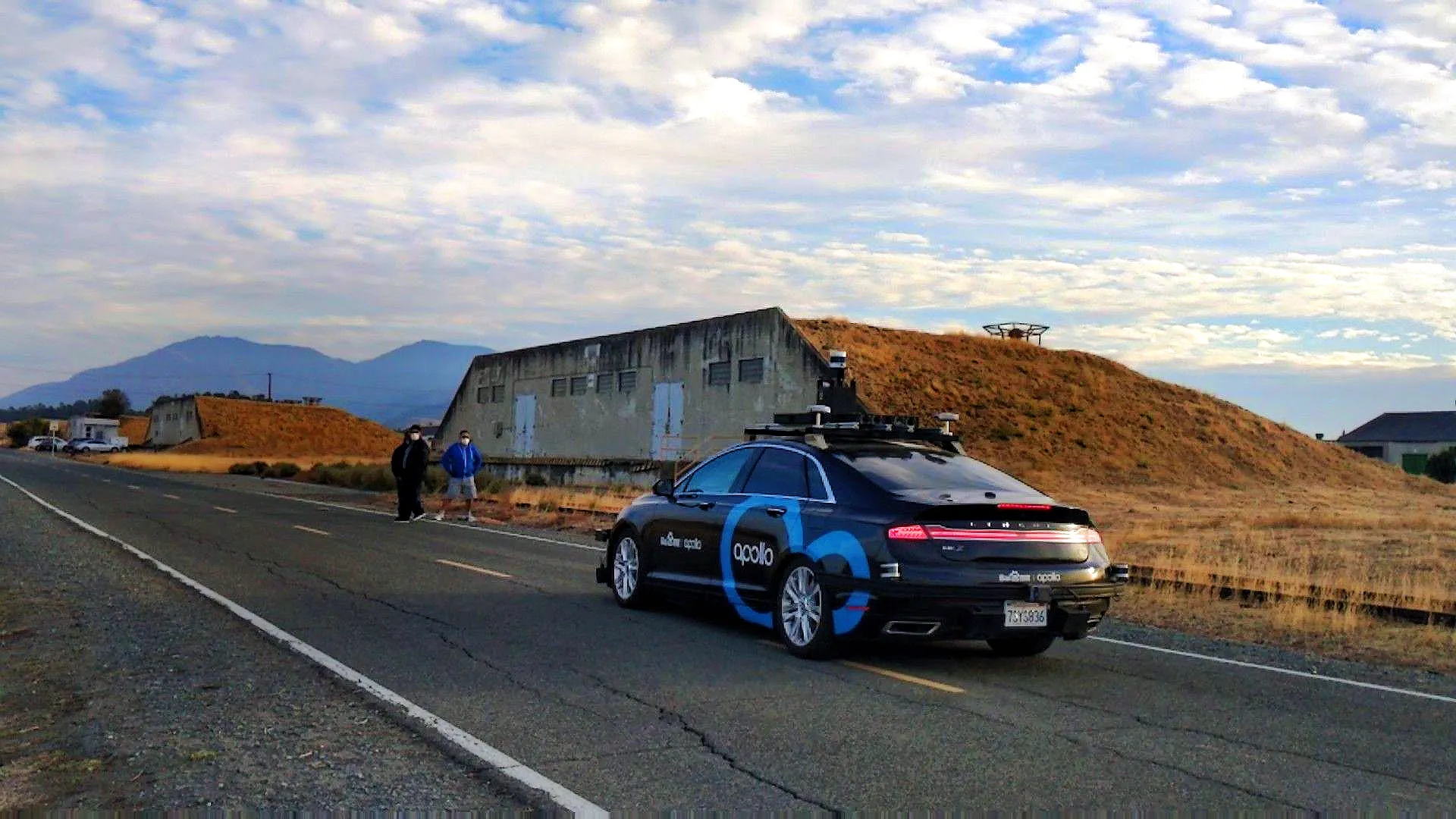The New York government is looking at enforcement as a precursor to all electronic tolling (AET) on the new Tappan Zee Bridge. This would provide for the automatic suspension of vehicle registrations for motorists who fail to pay tolls three times in 18 months.
The New York State Thruway Authority envisions switching to AET on the bridge, and also at Yonkers and Harriman, to provide nonstop travel over the thruway's busiest 45 miles.
Construction is under way on the new bridge which is due for complet
February 14, 2014
Read time: 1 min
The New York government is looking at enforcement as a precursor to all electronic tolling (AET) on the new Tappan Zee Bridge. This would provide for the automatic suspension of vehicle registrations for motorists who fail to pay tolls three times in 18 months.
The New York State Thruway Authority envisions switching to AET on the bridge, and also at Yonkers and Harriman, to provide nonstop travel over the thruway's busiest 45 miles.
Construction is under way on the new bridge which is due for completion by April 2018. The first traffic to be moved from the old bridge will be the untolled northbound traffic. The old toll plaza will probably stay in service for at least the first half of construction. The new AET system is likely to be needed some time in 2015 or 2016.
The New York State Thruway Authority envisions switching to AET on the bridge, and also at Yonkers and Harriman, to provide nonstop travel over the thruway's busiest 45 miles.
Construction is under way on the new bridge which is due for completion by April 2018. The first traffic to be moved from the old bridge will be the untolled northbound traffic. The old toll plaza will probably stay in service for at least the first half of construction. The new AET system is likely to be needed some time in 2015 or 2016.










